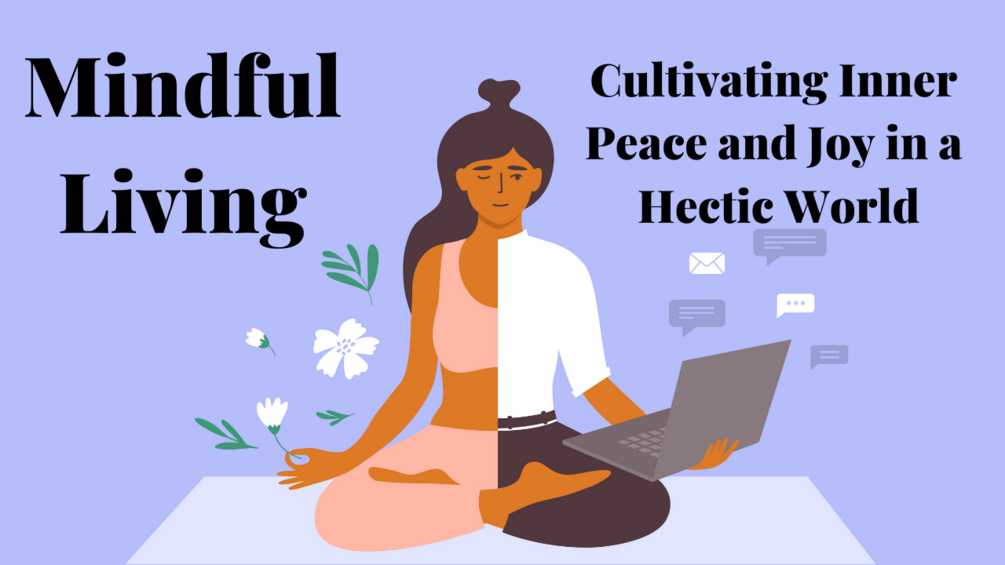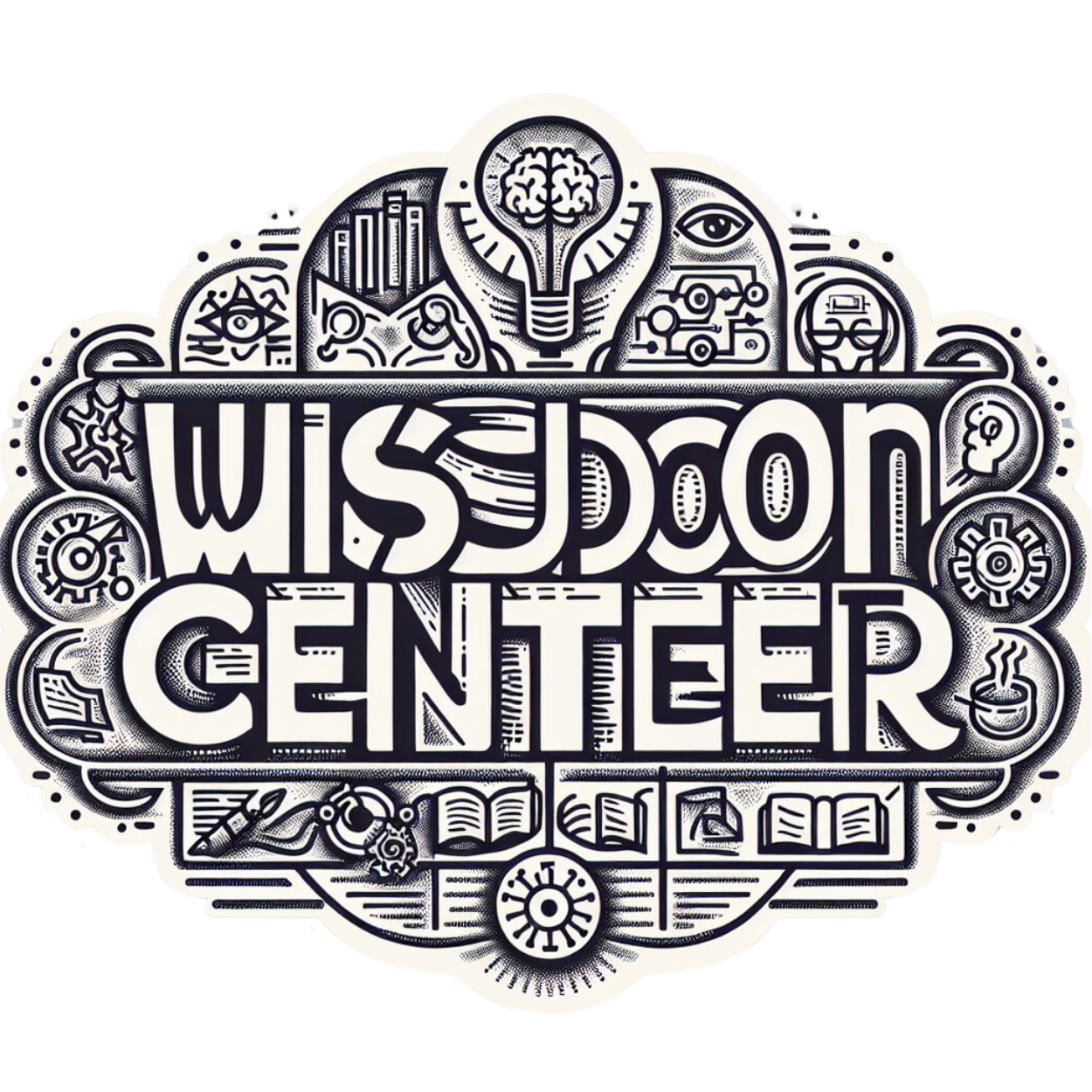
In an era where stress and anxiety seem to be commonplace, finding inner peace can be revolutionary for our mental health. The quest for tranquility and balance is not just a personal journey but a significant contributor to overall well-being. This article will explore effective inner peace strategies that can transform your mental health this year, ensuring a fresh start to your journey toward holistic wellness.
Understanding Inner Peace
Inner peace refers to a state of mental and emotional calmness, irrespective of external circumstances. Achieving this state allows individuals to navigate life’s challenges with greater resilience and emotional stability. Inner peace is more than just a fleeting feeling; it is a sustained state of serenity that influences how we handle stress and interact with others.
The Benefits of Inner Peace
Embracing inner peace can have profound effects on mental health. Key benefits include:
- Reduced Stress Levels: A calm mind is less susceptible to stress. Inner peace helps regulate stress responses, making it easier to handle daily pressures.
- Improved Emotional Regulation: Individuals with inner peace experience fewer mood swings and can maintain emotional stability.
- Enhanced Focus and Clarity: Peace of mind allows for better concentration and decision-making.
- Greater Resilience: Inner peace builds emotional resilience, aiding in quicker recovery from setbacks.
- Better Relationships: With a calm demeanor, interactions with others become more positive and fulfilling.
Effective Inner Peace Strategies
1. Mindfulness and Meditation
Mindfulness involves paying full attention to the present moment without judgment. Incorporating mindfulness practices, such as meditation, can help calm the mind and reduce anxiety. Regular meditation helps in:
- Calming the Nervous System: Meditation lowers cortisol levels, the stress hormone, leading to a more relaxed state.
- Enhancing Self-Awareness: Through mindfulness, individuals gain insights into their thoughts and emotions, fostering greater self-awareness and control.
Tip: Start with just five minutes of meditation daily and gradually increase the duration as you become more comfortable.
2. Deep Breathing Exercises
Deep breathing techniques are simple yet powerful tools to induce relaxation and reduce stress. Practices such as diaphragmatic breathing can:
- Promote Relaxation: Deep breathing activates the parasympathetic nervous system, promoting a state of calm.
- Improve Focus: By focusing on your breath, you can shift attention away from stressors and enhance concentration.
Tip: Practice deep breathing exercises several times a day, especially during moments of stress or anxiety.
3. Establishing Healthy Routines
Routine can provide a sense of structure and predictability, which is essential for mental well-being. Key routines to consider include:
- Consistent Sleep Schedule: Adequate sleep is crucial for mental health. Establish a regular sleep routine to ensure restorative rest.
- Balanced Diet: Nutrition impacts mental health. Eat a balanced diet rich in nutrients to support brain function and emotional stability.
- Regular Exercise: Physical activity releases endorphins, which are natural mood enhancers. Aim for at least 30 minutes of moderate exercise most days.
Tip: Incorporate small, manageable changes into your daily routine to build lasting habits.
4. Positive Affirmations and Self-Talk
The way we talk to ourselves significantly impacts our mental state. Positive affirmations can:
- Boost Self-Esteem: Repeating affirmations helps reinforce a positive self-image.
- Reduce Negative Thinking: Focusing on positive statements can counteract negative thought patterns.
Tip: Create a list of affirmations that resonate with you and repeat them daily to cultivate a positive mindset.
5. Connecting with Nature
Spending time in nature can be incredibly grounding and restorative. Nature offers:
- A Sense of Calm: Natural environments can reduce stress and enhance feelings of peace.
- A Break from Technology: Disconnecting from digital devices allows for a mental reset.
Tip: Incorporate nature walks or outdoor activities into your weekly routine to reap the benefits of natural settings.
6. Engaging in Hobbies and Creative Outlets
Hobbies and creative pursuits are excellent for fostering inner peace. Engaging in activities you enjoy can:
- Reduce Stress: Creative outlets provide a distraction from daily pressures and promote relaxation.
- Enhance Well-Being: Pursuing passions leads to greater satisfaction and happiness.
Tip: Dedicate regular time to hobbies or creative activities that bring you joy and fulfillment.
7. Seeking Professional Help
Sometimes, inner peace requires guidance from a mental health professional. Therapy can:
- Provide Support: Therapists offer strategies and tools for managing stress and anxiety.
- Facilitate Growth: Professional support can help uncover and address underlying issues affecting mental health.
Tip: Consider seeking therapy if you find it challenging to achieve or maintain inner peace on your own.
Conclusion
Embracing inner peace strategies can significantly enhance your mental health, leading to a more balanced and fulfilling life. By incorporating practices such as mindfulness, deep breathing, healthy routines, positive affirmations, nature engagement, and hobbies, you can cultivate a state of tranquility that supports overall well-being. Remember, achieving inner peace is a journey, and integrating these strategies into your daily life can lead to transformative results this year.

